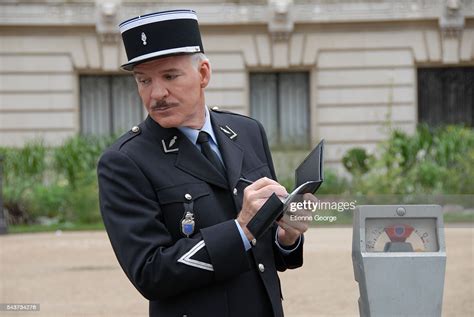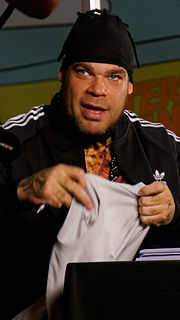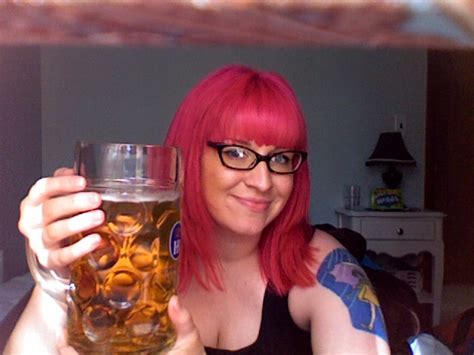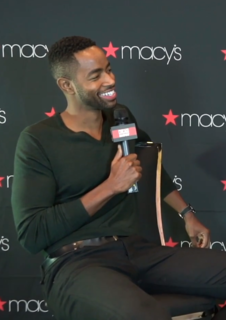A Quote by Steve Pink
I actually have a good relationship with critics. You have to identify everything that you like and don't like that you see, and that's your job.
Quote Topics
Related Quotes
I read reviews of critics I respect and feel I can learn something from. Right now there are a lot of bottom-feeder critics who just have access to a computer and don't necessarily have an academic or cinema background that I can detect, so I tend to ignore that and stay with the same top-tier critics that I've come to respect. I like reading a good review - it doesn't have to be favorable, but a well-thought-out one - because I very much appreciate the relationship of directors and critics.
Critics can say what they like about the films, but very often, there's a certain expectation of documentaries that they're supposed to be like PowerPoint presentations. I see documentaries as movies. So when I see some critics writing that we could have done without the recreations altogether - well, perhaps.
The manipulation of what's actually portrayed in the media, through the legal system, is pretty shocking, actually. You can see how someone you would never know can make a public figure look like a bad guy or a good guy just from the little information they let you know. My advice is to research everything. Don't just hide behind your Facebook posts. Research everything.
As readers, we remain in the nursery stage so long as we cannot distinguish between taste and judgment, so long, that is, as the only possible verdicts we can pass on a book are two: this I like; this I don't like. For an adult reader, the possible verdicts are five: I can see this is good and I like it; I can see this is good but I don't like it; I can see this is good and, though at present I don't like it, I believe that with perseverance I shall come to like it; I can see that this is trash but I like it; I can see that this is trash and I don't like it.
To the scientists of the Renaissance, your critic was really your ally, helping you advance upon reality. Critics in science are not like drama critics, determining flops and successes. Criticism to scientists is just another means of finding out whether they're wrong, like running another experiment to see if it confirms or refutes a theory. Along with the advocacy principle of the courtroom, It is one of the best ways human beings have evolved to get closer to the truth.
It's not that people like sad movies that make us feel like, "Oh, my god, what a bummer." We like emotionally moving experiences, where you feel like a slightly different person and you see the world a little different, after you finish. It lets you see your own life, in a different way, and it actually makes you feel really good. And even though there might be sad content making this happen, the feeling that you're left with is one that is quite good, quite hopeful, clarifying and uplifting.
Writing's not precious to me. It's not a thing that requires specific environment. You know, it's my job. Just like anybody with a job, you have to do your job when you don't feel like it, regardless of how good or bad the conditions are, regardless of how good or bad you might feel on any particular day.
Therefore, I see whatever exists as good, death is to me like life, sin like holiness, wisdom like foolishness, everything has to be as it is, everything only requires my consent, only my willingness, my loving agreement, to be good for me, to do nothing but work for my benefit, to be unable to ever harm me.



































